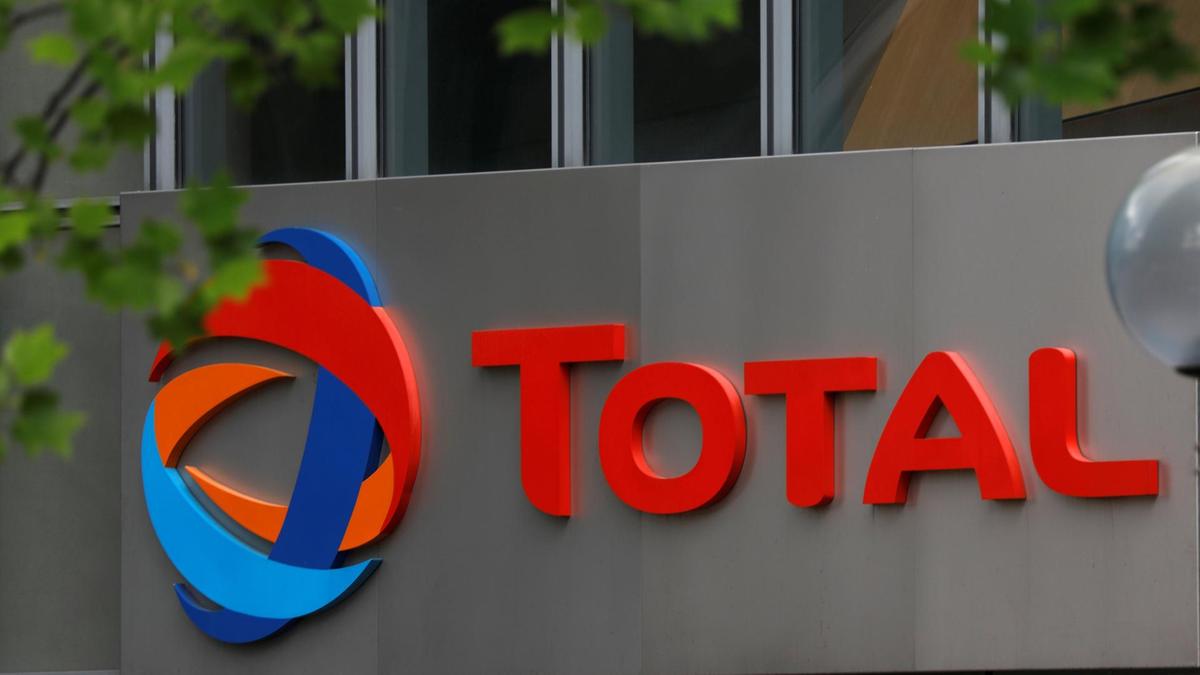REUTERS: Lake Albert Resources Project: French major Total has finalized final agreements with partners and is now set to launch the Lake Albert resources development project in Uganda and Tanzania.
Total and partner China National Offshore Oil Corporation plan to exploit oil reserves in Lake Albert in Uganda and construct a $3.5 billion East African Crude Oil Pipeline (EACOP) to neighbouring Tanzania for export.
“These agreements open the way for the commencement of the Lake Albert development project,” Total said in a statement.
The company also said that main engineering, procurement and construction contracts would be awarded shortly, with first oil export planned in early 2025.
On April 12, Uganda, Tanzania and oil firms Total and CNOOC signed agreements that will kickstart the construction of a $3.5 billion (Ksh. 375.5billion) crude pipeline to help ship crude from fields in western Uganda to international markets.
France’s Total and China’s CNOOC own Uganda’s oilfields after Britain’s Tullow exited the country last year.
Motorists in Kenya to pay Sh. 300,000 fine for customized number plates
The signatories have now agreed to “to start investment in the construction of infrastructure that will produce and transport the crude oil,” said Robert Kasande, permanent secretary at Uganda’s ministry of energy.
Ugandan President Yoweri Museveni and Tanzania’s new leader Samia Suluhu Hassan, on her first official visit, attended the signing of the three accords that included: a host government agreement for the pipeline, a tariff and transportation agreement and a shareholding agreement.
Uganda discovered crude reserves in the Albertine rift basin in the west of the country near the border with the Democratic Republic of Congo in 2006. Government geologists estimated total reserves at 6 billion barrels.
However, the landlocked east African nation needs a pipeline to transport the crude to international markets.
The planned East African Crude Oil Pipeline (EACOP), with a length of 1,445 kilometres (898 miles), will run from the oilfields to Tanzania’s Indian Ocean seaport of Tanga.
Uganda’s crude is highly viscous, which means it needs to be heated to be kept liquid enough to flow.









